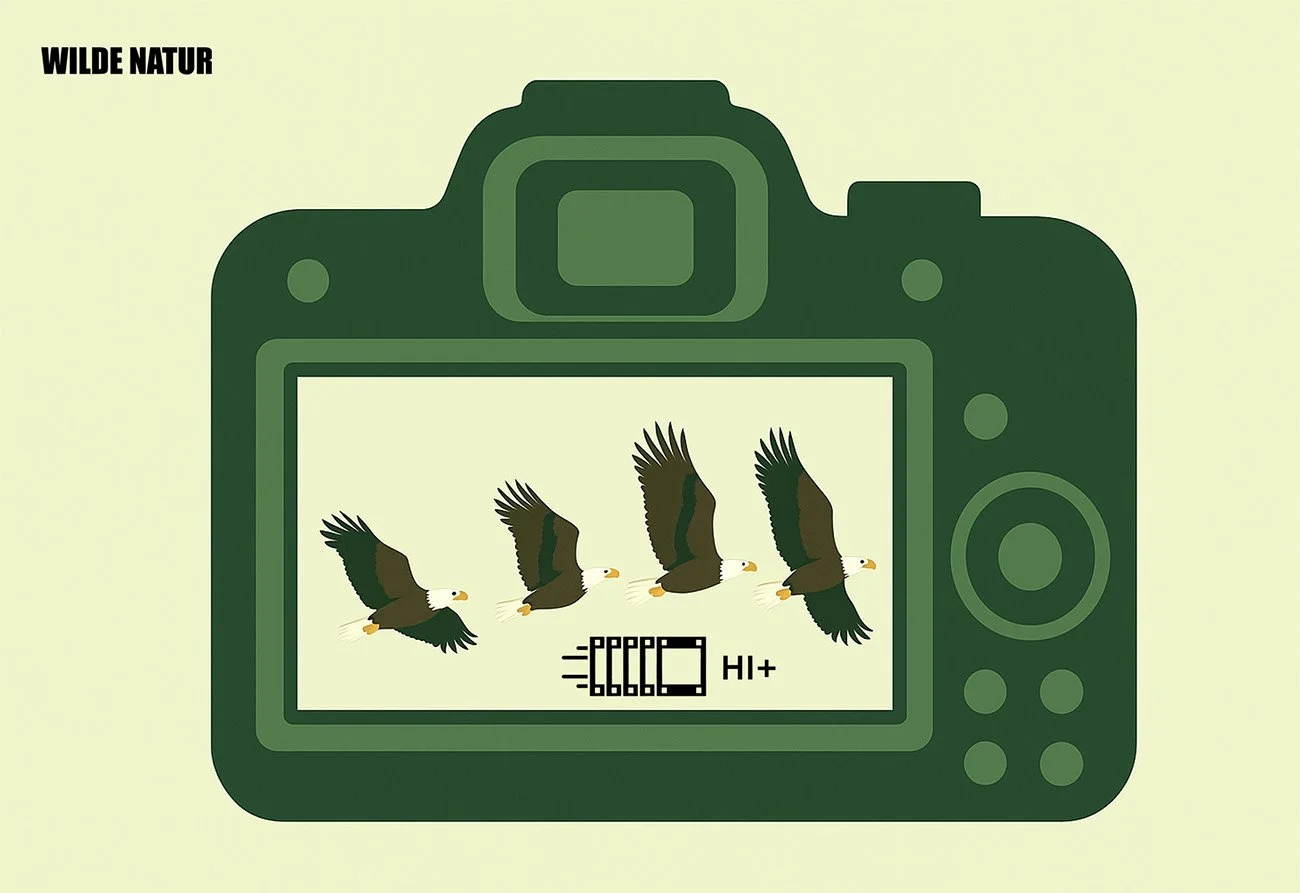Shooting in Bad Weather – How to Use Rain, Fog, and Snow Creatively
Bad weather doesn't mean you have to stop shooting. Discover how to capture unique photos in rain, fog, or snow – with tips on light, mood, and technique…
Follow & share WildeNatur:
Bad weather doesn't mean you have to stop shooting. Discover how to capture unique photos in rain, fog, or snow – with tips on light, mood, and technique.
Shooting in Bad Weather – Your Chance for Unique Photos
Rain, fog, or snow often seem like reasons to stay inside – but they actually offer opportunities for atmospheric and one-of-a-kind images. These conditions create special light, unexpected perspectives, and strong emotional tones. Wildlife can also become more active, especially right after a weather change.
Why Bad Weather Is Good for Your Photos
- Soft Light Instead of Harsh Shadows: Clouds and fog act like natural diffusers, creating even lighting – perfect for detail and smooth brightness transitions.
- More Depth and Atmosphere:
- Fog adds a mysterious, almost fairy-tale-like mood.
- Rain brings motion, shine, and reflections into the frame.
- Snow mutes color, emphasizes shapes, and allows for minimalist compositions.
- Strong Emotions: Weather becomes part of the mood – from mystical to peaceful.
- Fresh Perspectives: Familiar places suddenly look unfamiliar and reveal scenes hidden in sunny weather.
- Creative Challenge: Difficult conditions force you to make more deliberate choices – often leading to better results.
- Wildlife Activity: Many animals are more active after rain – thanks to new smells, cooler air, or the search for food. Birds in particular can be easier to spot and photograph.
Tip: What to Keep in Mind
- Protect Your Gear: Even a simple plastic bag or rain cover helps keep moisture out. Even better: a weather-sealed housing or an umbrella mount on your tripod.
- Adjust Exposure Manually: Diffuse light often works well with auto settings, but fine-tuning exposure (+/- compensation) helps manage contrast intentionally.
- Use a Tripod: In low light conditions, a good old tripod still helps prevent blurry shots.
In a Nutshell
Bad weather isn't an obstacle – it's a stage for exceptional images. With the right preparation, an alert eye, and a bit of courage, you can capture scenes that are nearly impossible to find on sunny days.








